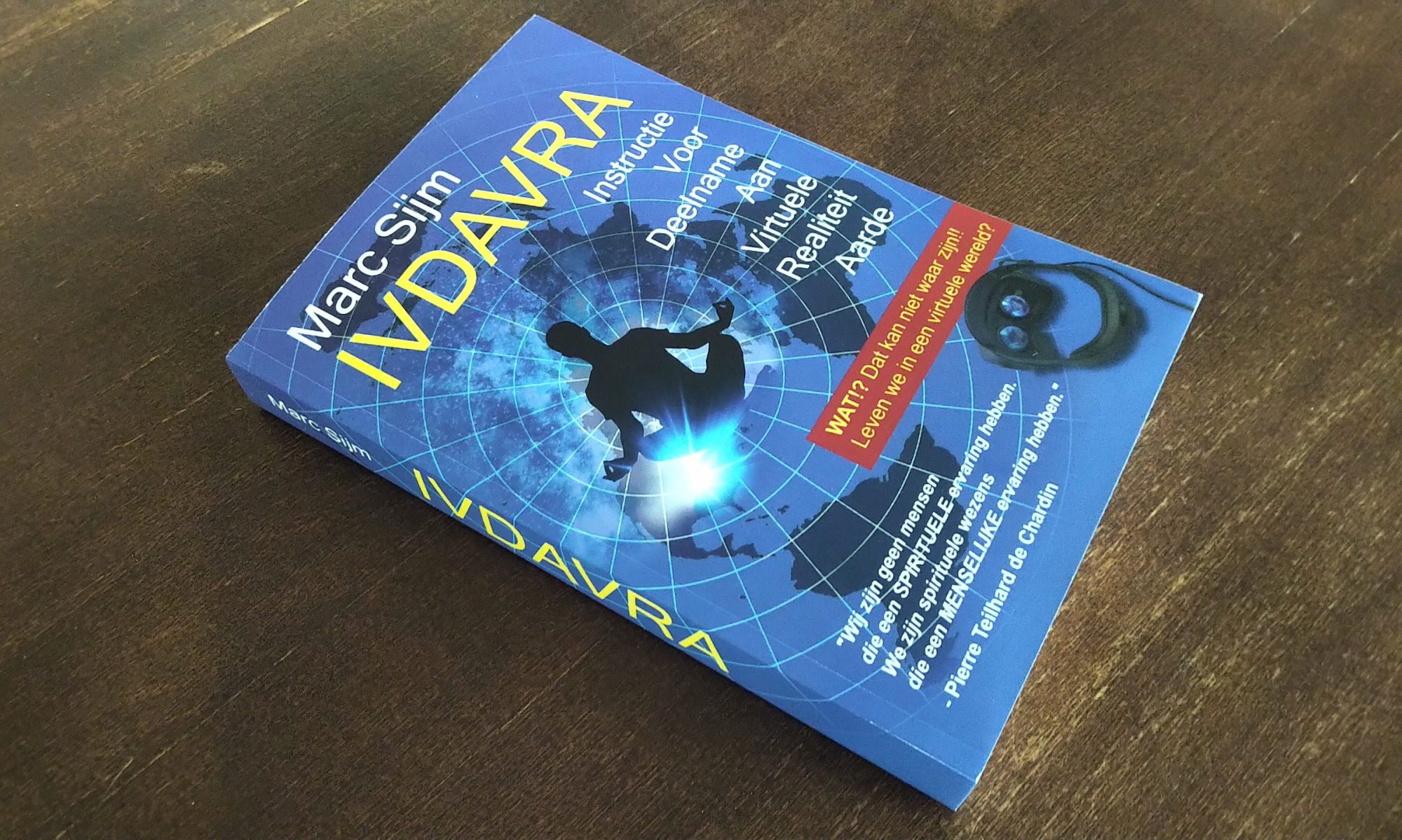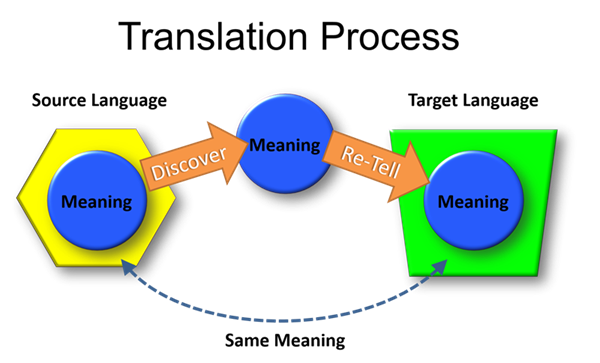When you write a book, you start with a rough manuscript, at least, that’s how it was for me. While writing, I just didn’t want to or couldn’t concern myself with the grammar, with the quotation marks, the periods and commas. I had to and would stay in the flow of the writing. Nothing else was important. The manuscript is the foundation for the next step in the process. Transforming the manuscript into a print-ready book.
I chose to work with a text agency. As reflected in a previous post, I worked with text agency De Letterbrug. Once again I want to say that I am extremely happy with the cooperation with Ria.
What has De Letterbrug done? First, the preparation of a reading report with the findings and advice on how to improve the story. Then the editing. Is the structure right, is the tension in order, do the characters have depth and is the narrative perspective correct? The finger was really pointed at sore spots and I received advice on how to improve the manuscript. And I could follow that advice or not, entirely my own choice. And then finally the editing. Tracking down typos and spelling errors and eliminating stylistic mistakes. Playing with quotation marks, periods and commas until they are all in the right place.
At one point during this improvement process, Ria said, “Marc, your book deserves to be translated into English!”
When I heard that, I immediately thought to myself, “You’re out of your mind…”
A little later, when my best friend, my buddy for life, whose mother tongue is English, heard this, we chose to take on this project as well. The translation of IVDAVRA into English.
Not long after, I received a first trial of IVDAVRA in the English language. And I was flabbergasted, totally stunned. Was this the story I had written? It was really like this was someone else’s book and yet I recognized everything as IVDAVRA.
A small example of the translation into English. See for yourself how different and how the same it is.
Stu's first question to Erv is: "What is reality?" The inquisitive energy under this question is clear in the communication. Erv starts to transfer the information that it possesses to Stu. "Reality is what you presume to know for sure that the story you find yourself in is the absolute and only truth." Erv continues: "That story has to be a true totality, which is completely believed and continually confirmed by the information that the player, the avatar receives." Erv pauses momentarily then continues: "That is the way that most participants on Earth experience it." This flow of information is received by Stu and Stu realizes that the chaos surrounding the term 'reality' surely does not diminish from it. Erv notices this immediately and continues clarifying this answer: "When you participate in the virtual reality named Earth, this will not be in your present form. That is impossible, in any virtual reality. You participate in this experience through an 'avatar', a 'body', as it is called there." Stu is reeling from this information. The expectation that Erv was going to offer clarification, is not at all proving true. All the expressions mentioned in Erv's information are not settling with Stu. The terms 'reality', 'story', 'believing', 'truth', 'avatar' and 'body', mean absolutely nothing to Stu.
More information will be coming soon.

